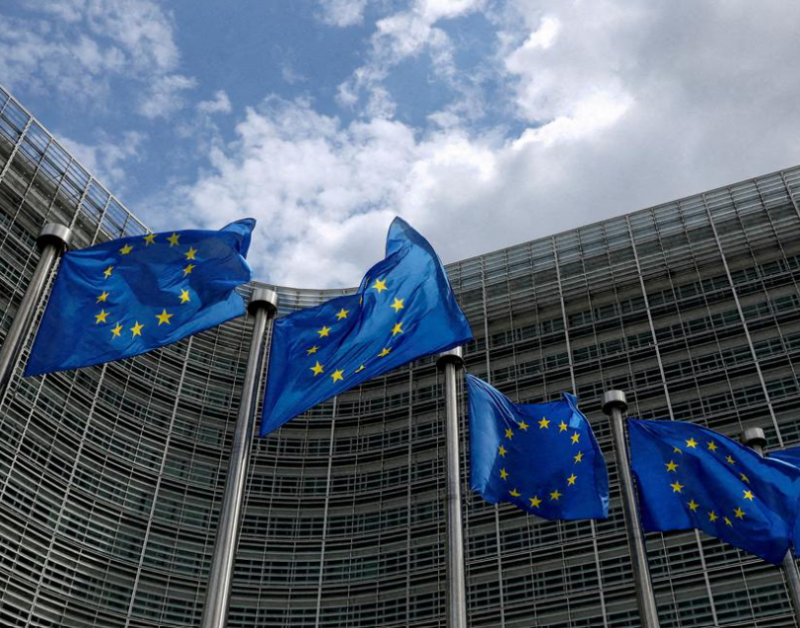
New Delhi: Reports have emerged revealing the EU's determined push to convince Asian countries to embrace its proposed AI Act, designed to enforce stringent regulations on AI development and usage. However, the reception in Asian nations has been lukewarm, sparking a lively debate on the global stage.
The EU's proposed AI Act aims to establish comprehensive rules governing the rapidly evolving field of artificial intelligence. While the intentions are noble, Asian countries are expressing reservations about certain aspects of the regulations, leading to a complex and nuanced response.
One of the key concerns voiced by Asian countries is the perceived rigidity of the proposed rules. Critics argue that such strict regulations could potentially stifle innovation, hindering the growth of AI industries and technologies in the region.
Furthermore, a notable lack of trust in the EU's capacity to effectively enforce the proposed rules has emerged as a significant factor dampening enthusiasm for adoption. Skepticism surrounding enforcement mechanisms and potential challenges in overseeing compliance have led to cautionary approaches from Asian governments.
Also read: UK’s advance towards AI Welfare results in low Reliability
Rather than outright rejection, some countries in Asia are adopting a wait-and-see stance. They prefer to observe the implementation of the AI Act in the EU and assess its real-world impact before considering its adoption domestically. This pragmatic approach stems from the recognition that the AI landscape is dynamic and requires adaptive regulatory measures.
Also read: Microsoft to Switch towards London Court for a halt in Takeover
The consequences of the EU's AI lobbying blitz on the global AI landscape have not gone unnoticed. Experts are raising concerns about the potential fragmentation of AI regulations worldwide, leading to a two-speed system with Europe and Asia taking divergent approaches. Such fragmentation could have significant implications for international collaborations and the harmonization of global AI standards.
On the other hand, optimists argue that the EU's ambitious push for stricter regulations might ignite a new wave of innovation in Asia. Businesses in the region may be compelled to find creative solutions to comply with the rules, thus stimulating further advancements in AI technologies and ethics.
Also read: Unleashing Potential The Power of Innovative Startups
As the news spreads, it becomes apparent that there is no easy consensus on how to regulate AI. The EU's AI lobbying efforts in Asia have sparked a vital dialogue among nations, fueling the ongoing debate about striking the right balance between fostering innovation and ensuring responsible AI deployment.
While the future of AI regulation remains uncertain, one thing is clear: the global conversation surrounding AI governance will continue to evolve as AI continues to impact various industries and societies worldwide.
Also read: Bhardwaj Muni's Vimana Shastra: Unveiling Ancient Indian Knowledge for Modern Aircraft Engineering